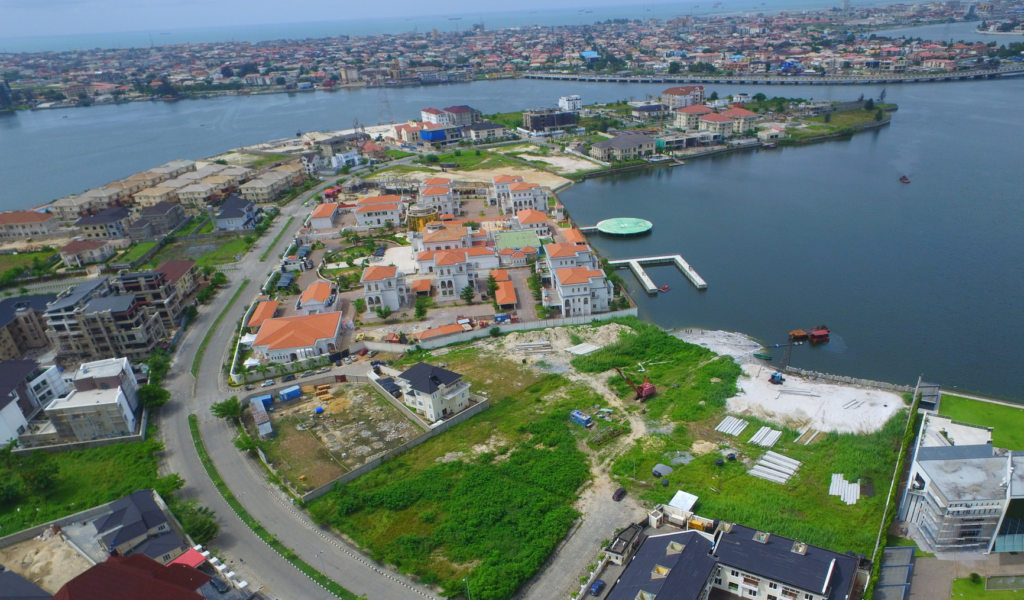While inflation rates in Nigeria show signs of stabilization, the impact on different states remains significant, influencing the real estate market in diverse ways. The latest data from the National Bureau of Statistics (NBS) reveals the 10 most expensive states to live in Nigeria.
Top 10 States with the Highest Inflation Rates in July 2024:
Bauchi (46.05% All-Item Inflation):
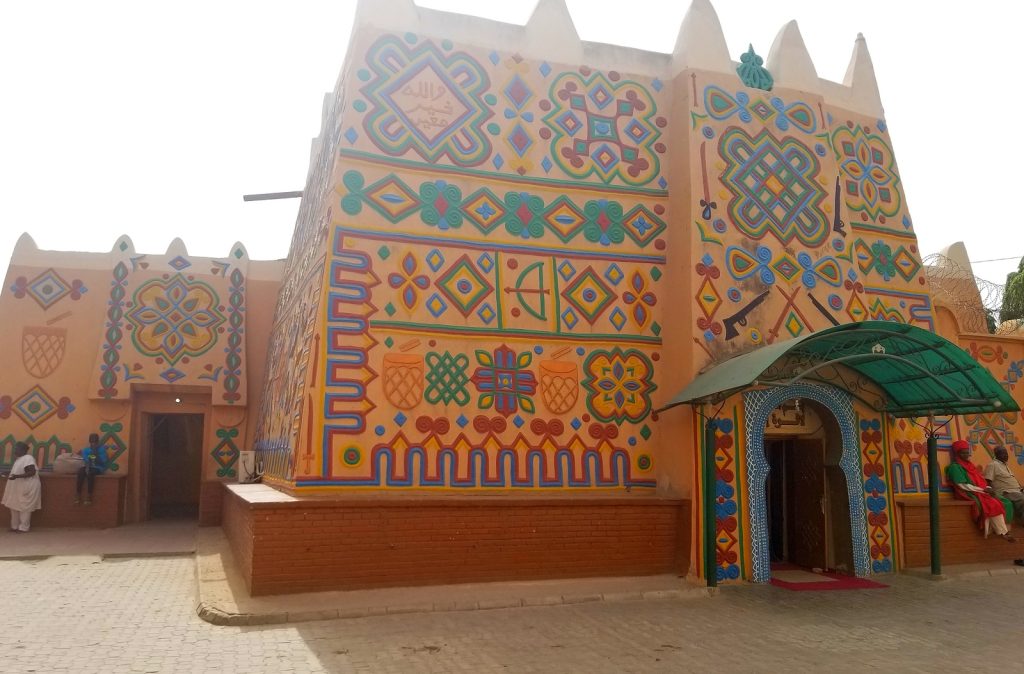
Bauchi, a state in Northeast Nigeria, is currently experiencing the highest inflation rate in the country. This is largely driven by rising food prices, but other factors like transportation costs and fuel prices are also playing a role. Investors should be aware of the potential impact on consumer spending and the affordability of housing. However, Bauchi is also experiencing significant infrastructure development, particularly in the areas of agriculture and transportation, which could offer long-term growth opportunities.
Jigawa (40.76%):

Located in Northwest Nigeria, Jigawa is facing significant inflationary pressure, primarily due to rising food costs. The state is a major agricultural producer, so fluctuations in food prices have a direct impact on its economy. While inflation might impact demand for real estate, Jigawa’s agricultural potential could attract investors interested in the sector.
Kebbi (37.47%)
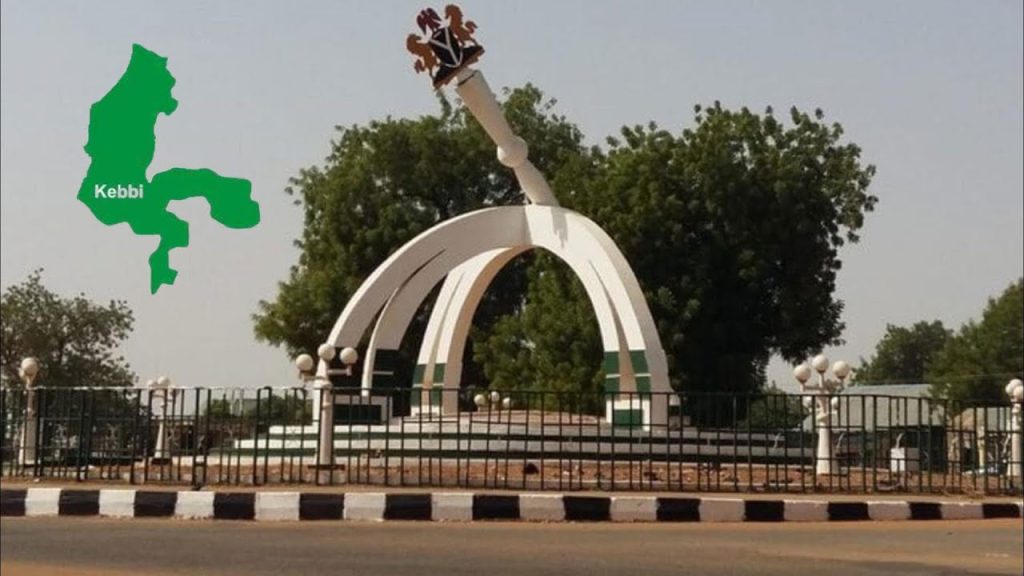
Kebbi, a state in Northwest Nigeria, is experiencing a notable increase in inflation, particularly driven by rising food costs. The state is known for its agricultural production, particularly rice, and its economy is susceptible to fluctuations in food prices. Investors should carefully assess the impact of inflation on the demand for real estate and consider opportunities related to the agricultural sector.
Kogi (36.73%):
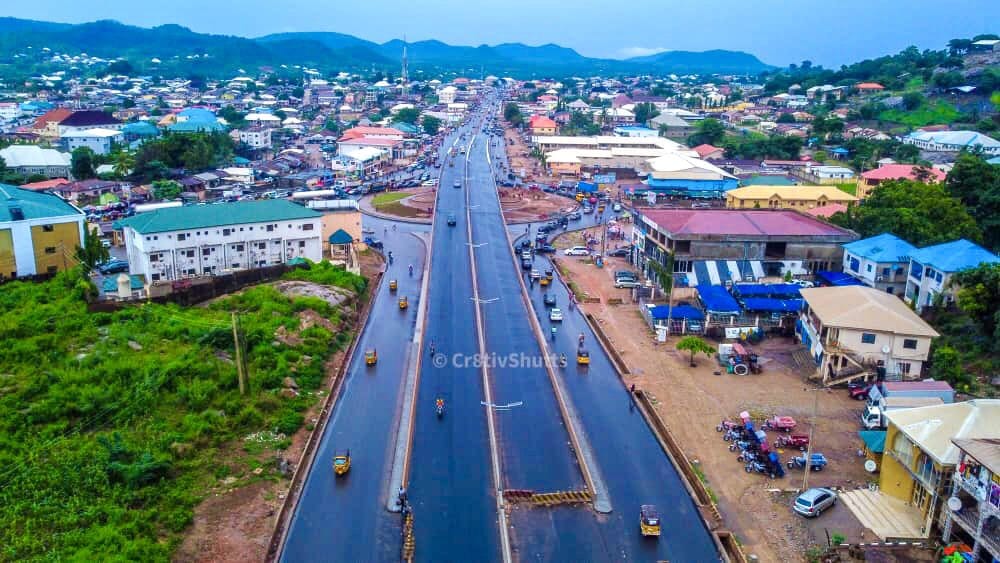
Kogi State, located in the North-central region, is grappling with high inflation, mainly driven by rising food prices. While experiencing a slight decrease from the previous month, inflation remains a significant concern. The state’s strategic location and ongoing infrastructure projects, particularly in the areas of transportation and power, could attract investors looking for long-term growth potential.
Sokoto (35.93%)
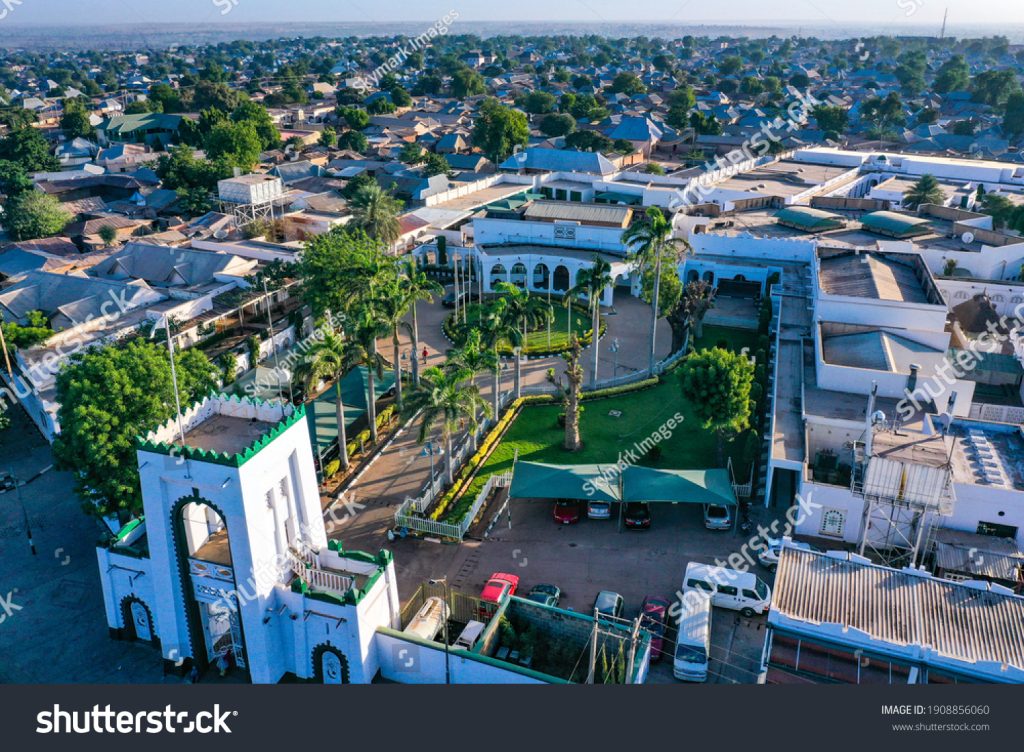
Sokoto, a state in Northwest Nigeria, is facing increasing inflation, driven by various factors, including food costs, fuel prices, and transportation. The state is known for its agricultural production and livestock farming, but these sectors are currently facing challenges due to inflation. Investors should be mindful of the impact on consumer spending and the affordability of housing in the region.
Abia (35.90%)
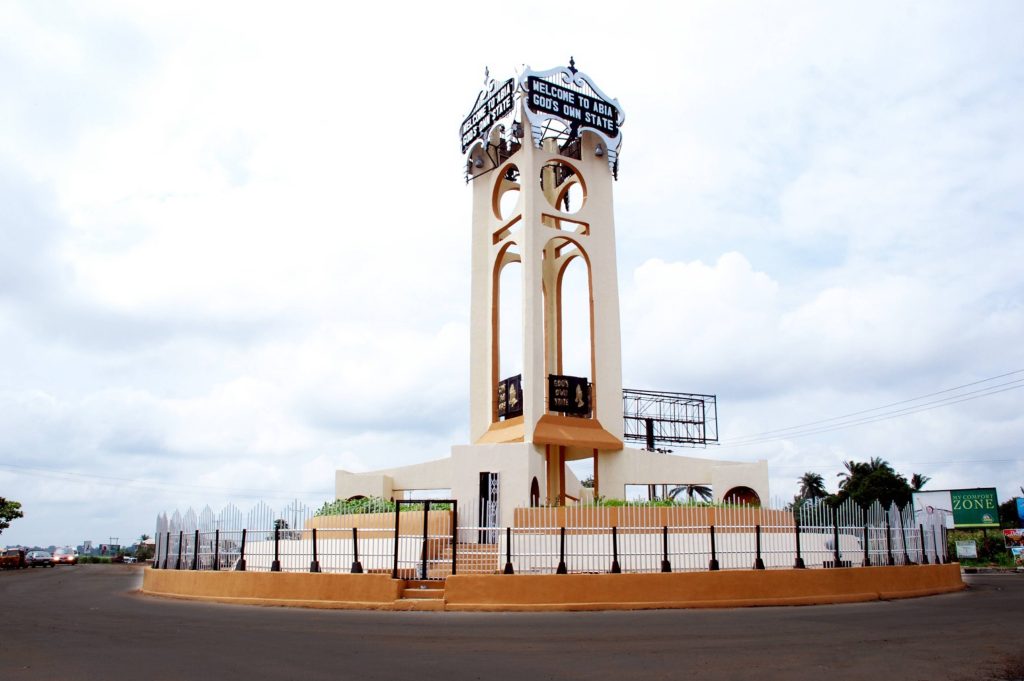
Abia, a state in Southeast Nigeria, is experiencing a moderate level of inflation, with food prices contributing significantly to the overall increase. Despite the inflationary pressure, Abia is known for its vibrant commercial sector, particularly in the areas of manufacturing and trade. Investors looking for opportunities in these sectors might find Abia attractive despite the current economic climate.
Oyo (35.61%):
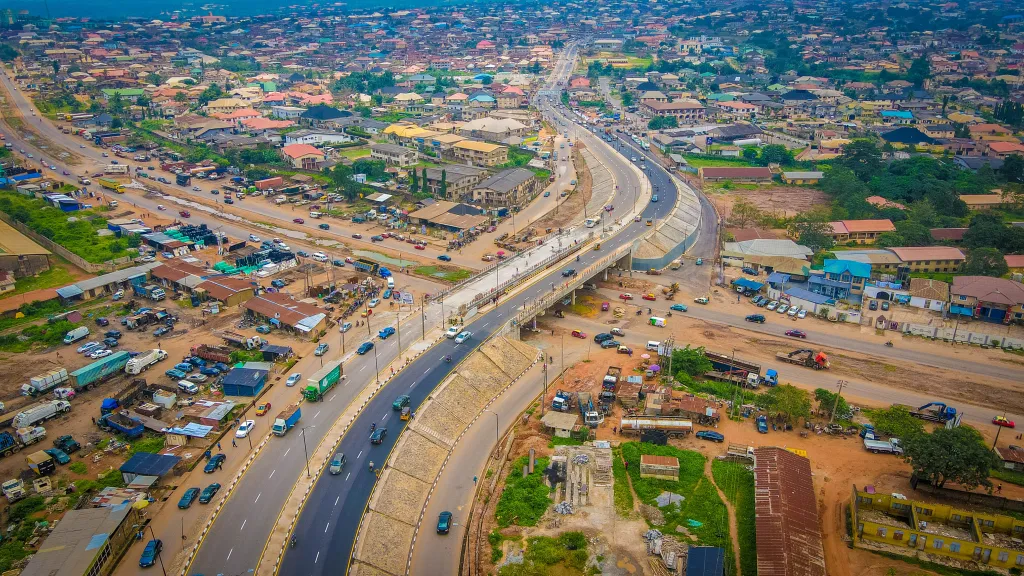
Oyo, a state in Southwest Nigeria, is facing moderate inflation, largely driven by food prices. However, Oyo is also experiencing significant economic growth, particularly in the areas of agriculture, manufacturing, and services. This growth could attract investors despite the inflationary pressure.
Osun (35.54%):
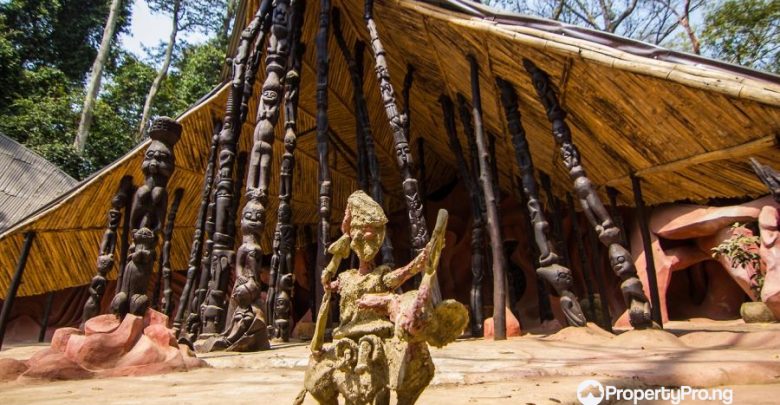
Osun, another state in Southwest Nigeria, is experiencing moderate inflation, primarily driven by food costs. The state is known for its agricultural production and its potential for tourism development. Despite the inflationary pressure, Osun’s economic growth could attract investors looking for long-term opportunities.
Lagos (35.50%):
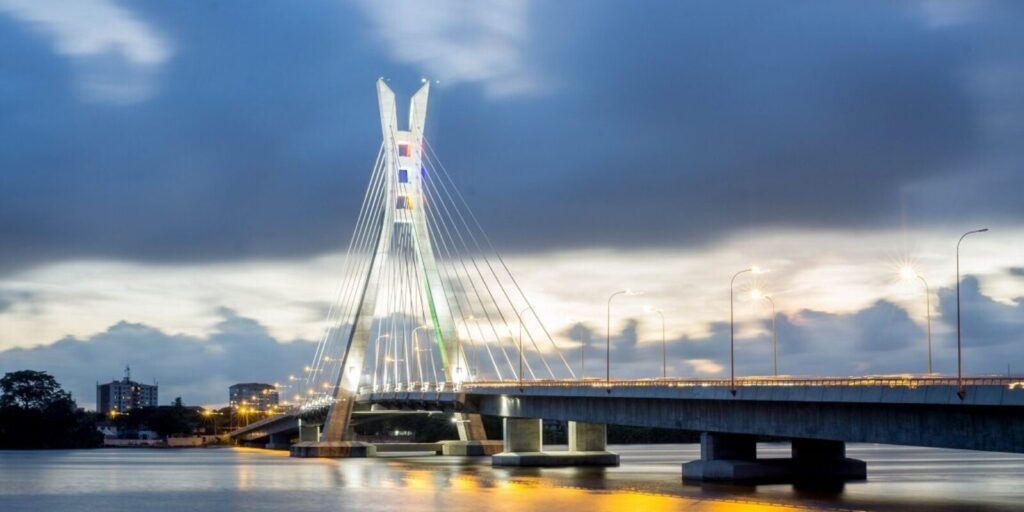
Despite its status as Nigeria’s economic hub, Lagos is not immune to inflationary pressures, with food costs being a major contributor to the overall increase. Despite the challenges, Lagos continues to attract a significant amount of investment, particularly in the areas of real estate, hospitality, and finance.
Gombe (35.48%):
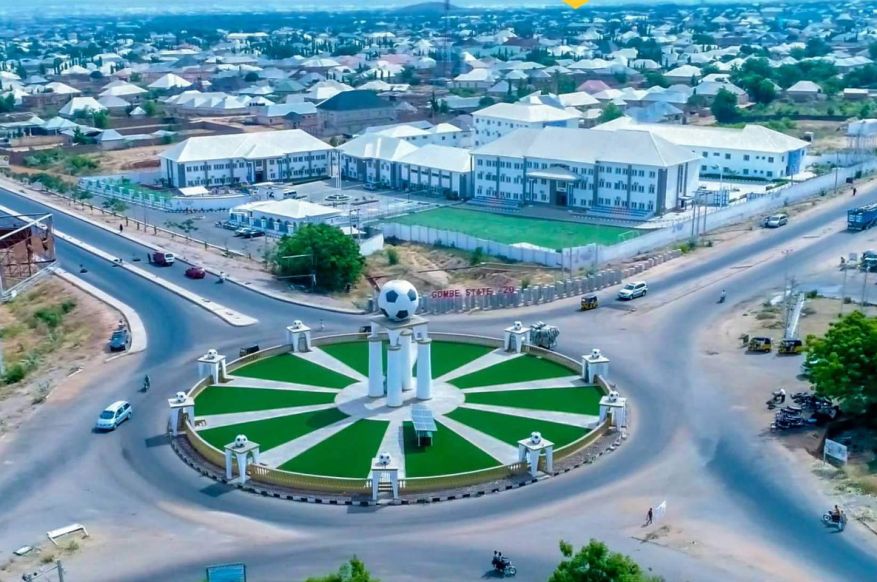
Gombe, a state in Northeast Nigeria, is experiencing a moderate level of inflation, largely driven by rising food prices. However, the state is experiencing significant growth in the areas of agriculture and mining, which could offer long-term investment opportunities.
The current inflationary pressures in Nigeria highlight the importance of understanding regional variations and adapting investment strategies to capitalize on emerging opportunities. By staying informed and engaging with local experts, real estate investors can navigate this dynamic market and secure a favourable position in Nigeria’s diverse real estate landscape.

